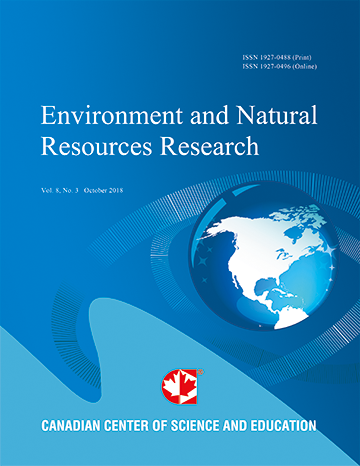Climate Change may Reduce Annual Temperature-Dependent Mortality in Subarctic: A Case Study of Archangelsk, Russian Federation
- Dmitry Shaposhnikov
- Boris Revich
- Valentin Meleshko
- Veronika Govorkova
- Tatyana Pavlova
Abstract
The impact of increasing temperatures on age- and cause-specific mortality has been examined for the city of Archangelsk in Russian Subarctic, paying equal attention to heat and cold stress. Projections of future daily temperatures and temperature waves were made for IPCC A2 CO2 emission scenario using regional downscaling of the selected ensemble of nine General Circulation Models. Relative changes in annual mortality attributed to climate warming were negative for five studied causes of mortality: all external causes, all non-accidental causes, coronary, cerebrovascular and respiratory diseases in two age groups: 30-64 and ?65 years. For most causes, the estimated relative changes were significant at 95% level. The benefits of reduced cold-related mortality will most likely outweigh the negative impacts of higher heat-related mortality. The relative input of heat and cold waves in the resultant change in annual mortality is several times smaller than the input of smooth temperature-mortality relationships.
- Full Text:
 PDF
PDF
- DOI:10.5539/enrr.v1n1p75
Journal Metrics
Google-based Impact Factor (2016): 6.22
h-index (November 2017): 12
i10-index (November 2017): 19
h5-index (November 2017): 11
h5-median (November 2017): 12
Index
Contact
- Emily LinEditorial Assistant
- enrr@ccsenet.org
